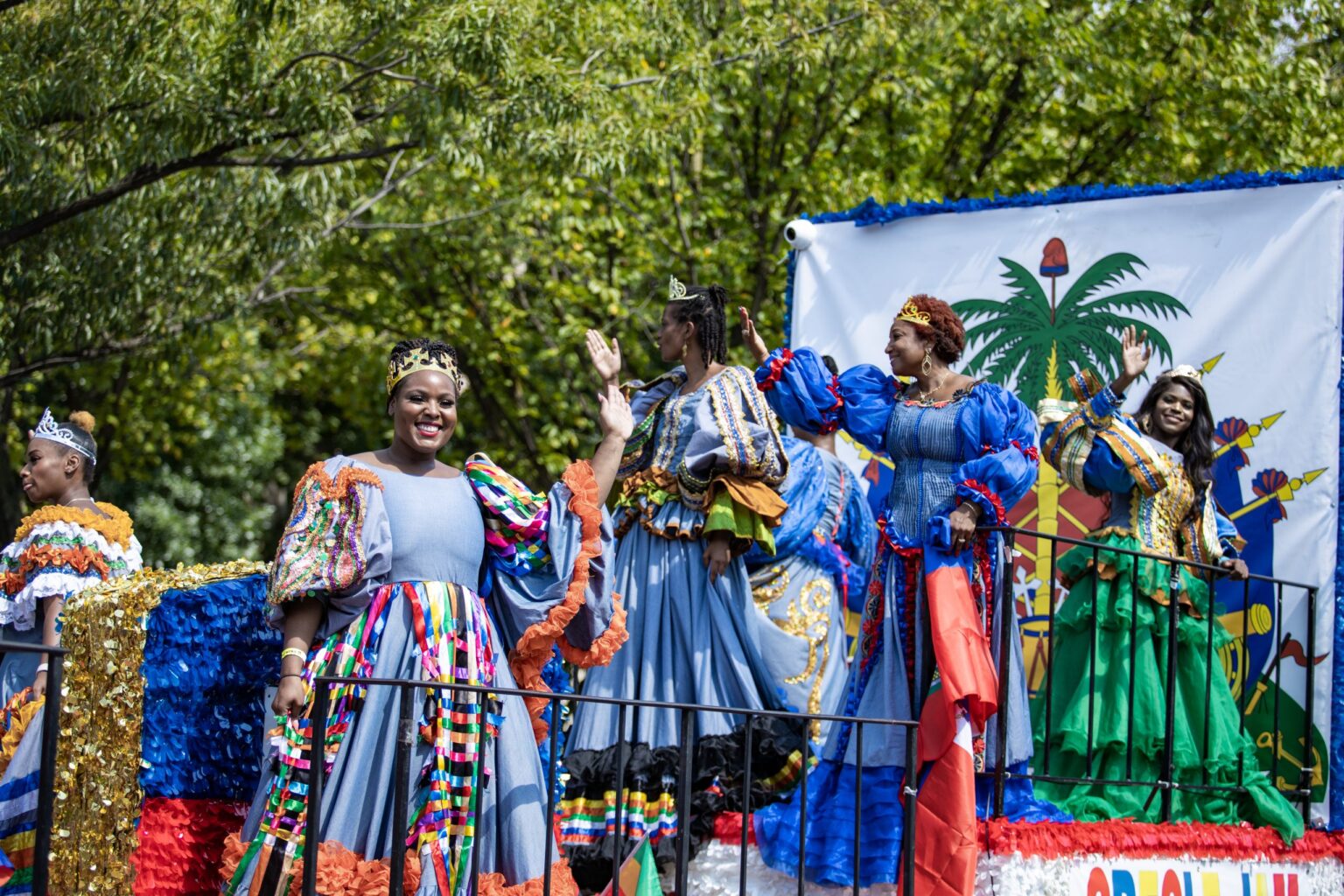In a contentious development, the West Indian American Day Carnival Committee (WIADCC) has introduced a last-minute rule that could significantly impact Haitian participation in this year’s carnival on Eastern Parkway. This decision comes after years of substantial Haitian involvement in the event, which has been a vibrant showcase of Caribbean culture in Brooklyn.
During a routine meeting held at a modest office on Rogers Avenue, adorned with a sole commemorative poster from the 1999 Carnival, tensions were palpable. The meeting, led by Mrs. Yolanda Lezama, president of the WIADCC, and attended by various representatives of the Caribbean community, revealed a stark underrepresentation of Haitians on the board — none of the 20 directors are Haitian, despite their significant presence in the community.
The discussion initially focused on general guidelines and the junior carnival scheduled for the Saturday before Labor Day. However, as the meeting progressed, it became evident that no Haitian bands were included in the list of participants for this year’s main event. This silence was broken only when a representative from Fan Productions inquired about the status of Haitian bands, to which the committee responded that no bands were banned, but participation would be contingent upon wearing costumes — a new stipulation that seemed unfeasible given the short notice.
The requirement for costumes has stirred controversy and accusations of unfair treatment. Haitians traditionally participate without elaborate costumes, focusing instead on the musical and dance elements of their entries. The sudden change in policy, just a month before the carnival, places an unreasonable burden on Haitian bands and their followers, sparking heated exchanges during the meeting.
In an intense turn of events, the committee decided to hold a separate meeting with the Haitian representatives after other participants vocally supported the enforcement of the new costume rule. The process for parade participation has also been complicated by additional prerequisites for Haitian bands, including site inspections of float constructions (mass camps) before applications are even granted.
The meeting concluded on a discordant note when a vice president of the committee suggested that Haitian bands should “mess up” other parades instead, questioning why they would want to participate in “their” event. This remark, suggesting that Haitians were not part of the West Indian community, was met with dismay and frustration.
As I left the office, the irony of the situation was underscored by the sight of the Tvice float poster, a reminder of the vibrant Haitian contributions to past carnivals. The struggle for inclusion at this year’s event highlights ongoing challenges and underscores the broader issues of representation and respect within the diverse tapestry of New York City’s Caribbean community.
